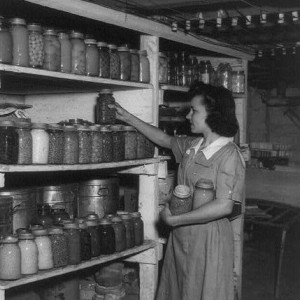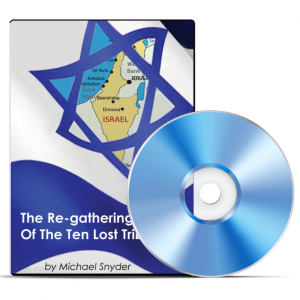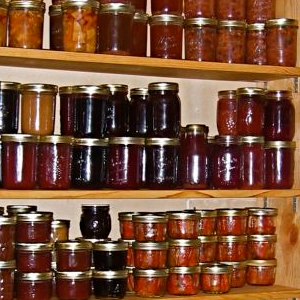 Emergencies happen. A hurricane, a tornado, a massive blizzard, or any other type of severe weather can strike at any given time. Emergency situations also extend beyond extreme weather. Power sources can be knocked out, wars can happen, an earthquake can occur, and who knows — zombies may even rise and start to roam the earth.
Emergencies happen. A hurricane, a tornado, a massive blizzard, or any other type of severe weather can strike at any given time. Emergency situations also extend beyond extreme weather. Power sources can be knocked out, wars can happen, an earthquake can occur, and who knows — zombies may even rise and start to roam the earth.
Since an emergency can happen at any time, it is always wise to err on the side of caution and be prepared for such a situation. Being prepared for an emergency will help to ensure your safety and will help you get through the crisis until it is taken care of. Being prepared means you should have supplies of flashlights, batteries, candles, and, of course, food and water.
Of all of the things you should stock up on in case of an emergency, food and water are the most important. Having a stockpile of these supplies will allow you to provide sustenance for you and your family, should an emergency situation ever occur. If you want to prepare yourself, you may be wondering how much food and water you should have on hand.
Water.
Water is the foundation of all life. Not only is it needed to drink, but it is also used for food preparation, as well as hygiene. Being that water is so important, you certainly want to make sure that you have enough on hand to supply for all members of your family, should an emergency situation occur.
The general rule of thumb for stocking water is to have at least one gallon on hand per person, per day. Under normal circumstances, the average person drinks about two quarts of water a day. In hot conditions, more water is consumed. On top of that, each person will need water for food and for hygiene purposes. Thus, storing one gallon for each person for each day should be adequate.
Photo Credits: commons.wikimedia.org
Water Storage.
In order to ensure purity, you should change out your supply of water every four to six months. Make sure that the water is stored in sealed, BPA-free containers and that they are kept in a cool, dark place.
Food.
It is hard to say exactly how much food you should store in case of an emergency. However, being that the average person needs to eat three times a day, stocking enough for each member of your family to eat three times a day is appropriate. Remember, you needn’t plan on storing four-course meals; you only need to store basic food supplies that will feed your family in an emergency.
Non-perishable items, like peanut butter, canned fruits and vegetables, powdered milk, and condensed soups are all wise choices. Unopened boxes of crackers and cereals are good options, too.
Make sure that you keep your food stored in a cool and dark location. Food items should be in sealed containers. Labels that indicate the contents of the food packages and the dates they were stored should used on all products. Make sure to replace food regularly. The more perishable items, like crackers and cereals, should be replaced every month or so. Canned items can go about a year.
Photo Credits: subsistresist.wordpress.com
How Much?
While there is no way to tell how long an emergency situation will last, stocking enough food and water for a two-week period should be adequate.
While you may never need to use an emergency stockpile of food and water, it is always better to be prepared and not need it than need it and be without.
Bridget Galbreath is a freelance writer who has written on a range of topics. Humanity, survival, and even more technical issues such as Spokeo removal are all topics she has covered.











